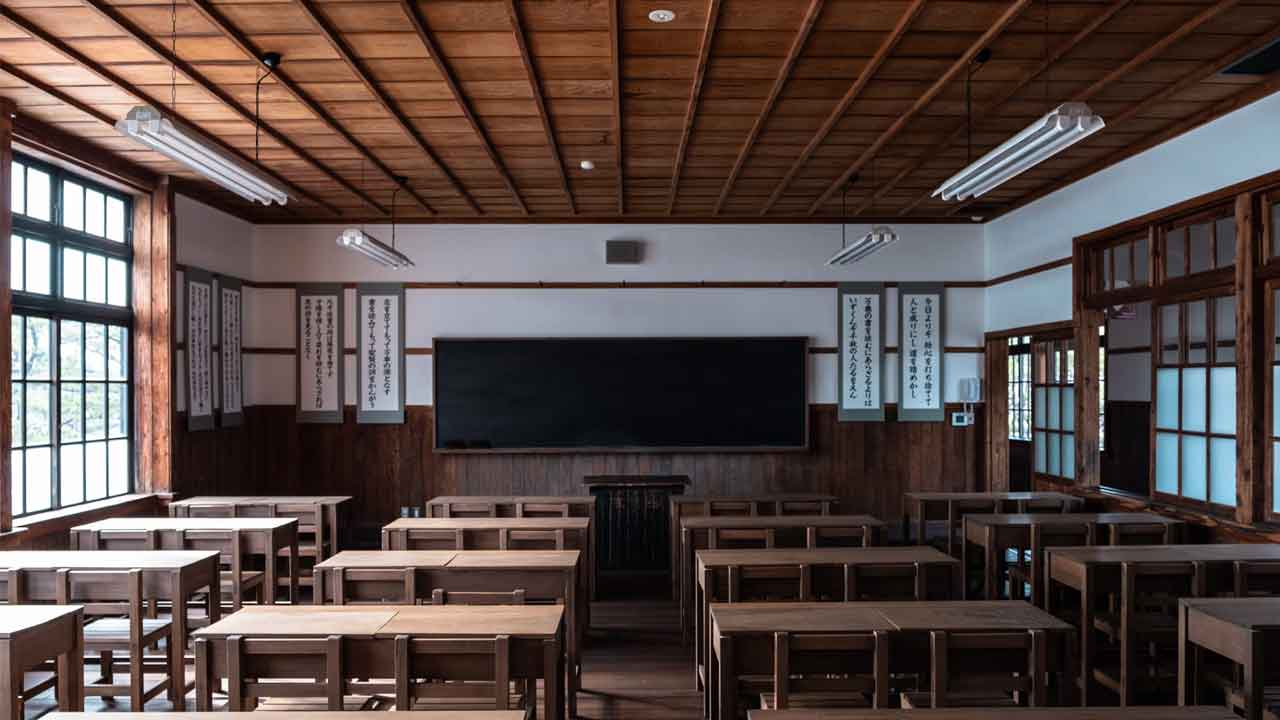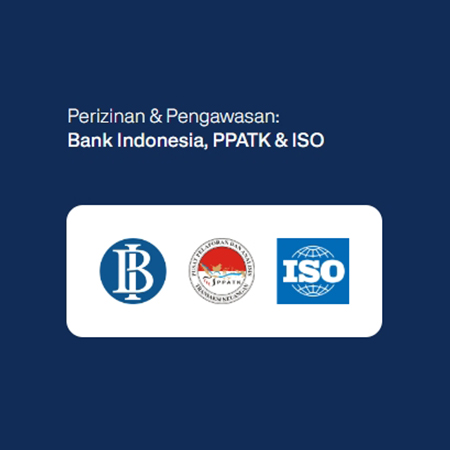The Japan education system is often in the global spotlight for producing generations that are not only intelligent but also disciplined, independent, and responsible. Many people wonder, what is the secret behind the famously disciplined character of the Japanese people? The answer lies in their education, especially from an early age.
Education in Japan focuses not only on academics but also on building strong character. In this article, we’ll explore how Japan’s education system instills discipline early on through several unique and inspiring points.
If you’re curious about how Japanese children are trained to become orderly and responsible individuals, read on.
Also read: Remittances Boost Indonesia’s Economy, Sending Money Abroad Now Easier
1. Emphasis on Character Education in Early Years

First, there’s the focus on character education from the start. One thing that sets Japan’s education system apart is the emphasis on character building during the first three years of elementary school. Unlike many countries that introduce exams early on, in Japan, children don’t take formal tests until fourth grade (around age 10). The simple goal: building a good personality takes precedence over academic scores.
During this period, children are taught values like politeness, empathy, and cooperation. For example, they learn to respect their friends, teachers, and even their surroundings. Teachers often engage students in discussions on how to be generous or caring. This approach helps children understand that discipline isn’t just about rules—it’s about living harmoniously with others. As a result, they grow up organized and socially aware.
Interestingly, even without exams, learning continues effectively. Teachers use light activities like group games or storytelling to instill these values. Through this method, children learn discipline naturally and without pressure, allowing their character to develop from a young age.
Transfez: Send Money Easily to 70+ Countries Worldwide
2. Students Are Responsible for Cleaning the School
Have you ever imagined a school without janitors? In Japan, this is normal. Students are required to clean classrooms, hallways, and even school toilets on a rotating schedule. This activity is called o-soji and is part of their daily routine. The aim is not only cleanliness but also to teach responsibility and discipline.
The process is quite organized. Each day, students are divided into small groups to sweep, wipe desks, or take out the trash. Teachers supervise, but students take the lead. They learn that maintaining their environment is a shared duty, not someone else’s job. This habit makes them accustomed to orderliness and helps them appreciate hard work—even for small tasks like cleaning floors.
More than that, o-soji teaches them not to rely on others. Imagine children learning from a young age that cleanliness is their own responsibility. As adults, they’ll naturally apply this discipline in daily life, such as not littering or keeping public places tidy.
View the list of countries you can send money to with Transfez here!
3. Mandatory Extracurricular Activities

In Japan, extracurricular activities or bukatsu are not optional—they are a required part of education. After regular lessons end, students join clubs such as sports, music, or arts until late in the day. These activities are designed to sharpen skills while also shaping discipline and teamwork.
Each club has a strict schedule that students must follow. For example, a baseball club might train every day for hours, even on weekends. Students are taught to arrive on time, follow the coach’s instructions, and collaborate with teammates. If someone is late or unmotivated, they receive a warning. This way, they learn the importance of commitment and responsibility.
Additionally, bukatsu trains both mental and physical endurance. Children learn that discipline is not just about obeying rules, but about dedication and consistency. As a result, they grow into individuals who don’t give up easily and value time—traits we often associate with Japanese people.
4. Role of Teachers and Parents in Building Discipline
Teachers in Japan are not just instructors but role models. They are involved in students’ daily lives, such as eating lunch together or supervising o-soji. This way, students witness how teachers model discipline, like being punctual and meticulous in their work. This motivates children to emulate these good habits.
On the other hand, parents also play a key role. At home, they teach children to be independent from a young age—like making their beds or preparing their school bags. Japanese parents believe discipline starts in the family, then is reinforced at school. This collaboration creates a consistent environment where children are continuously trained to be orderly and responsible.
The relationship between teachers and parents is also close. They often communicate to ensure children receive balanced guidance. With this approach, discipline is no longer something forced—it becomes a natural part of a child’s personality from early on.
Download the Transfez App
The Transfez app helps you transfer money abroad faster, more affordably, and more efficiently. Transfez Business can also support your business in making international transactions. Whether you’re sending money to a relative studying, working, or traveling abroad, Transfez is here to help. The app is available on both Android and iOS. Download it now!
The Japan education system proves that discipline can be instilled from an early age through simple yet effective approaches. With a focus on character development in early education, cleanliness responsibility, extracurricular activities, and the active roles of teachers and parents, Japanese children grow up to be orderly and dedicated individuals. This can inspire us to improve our education systems—not just to chase academic achievement, but also to shape a generation with strong character.
So, what do you think about how Japan educates its children? Is there anything from this system that could be applied around you?









